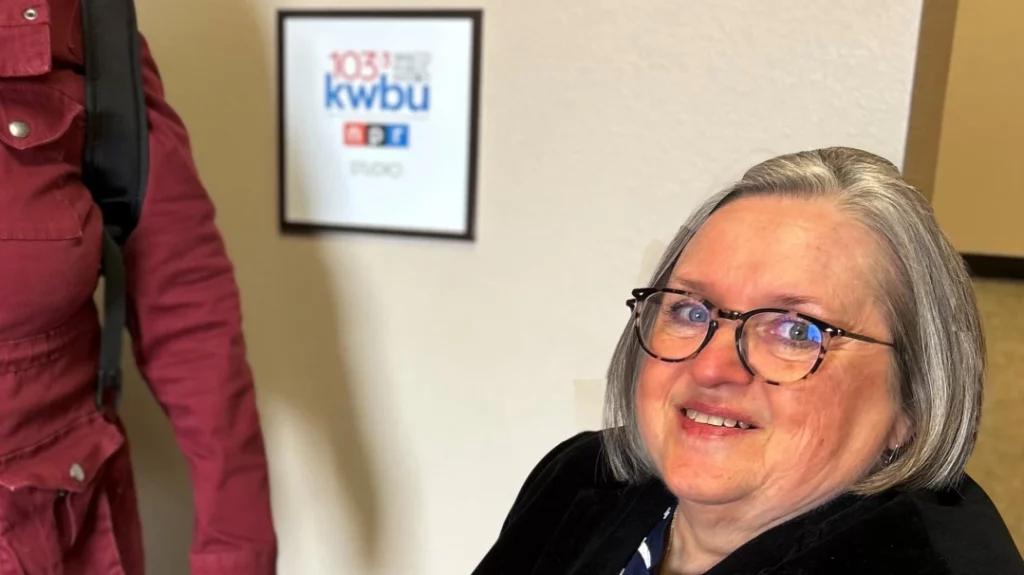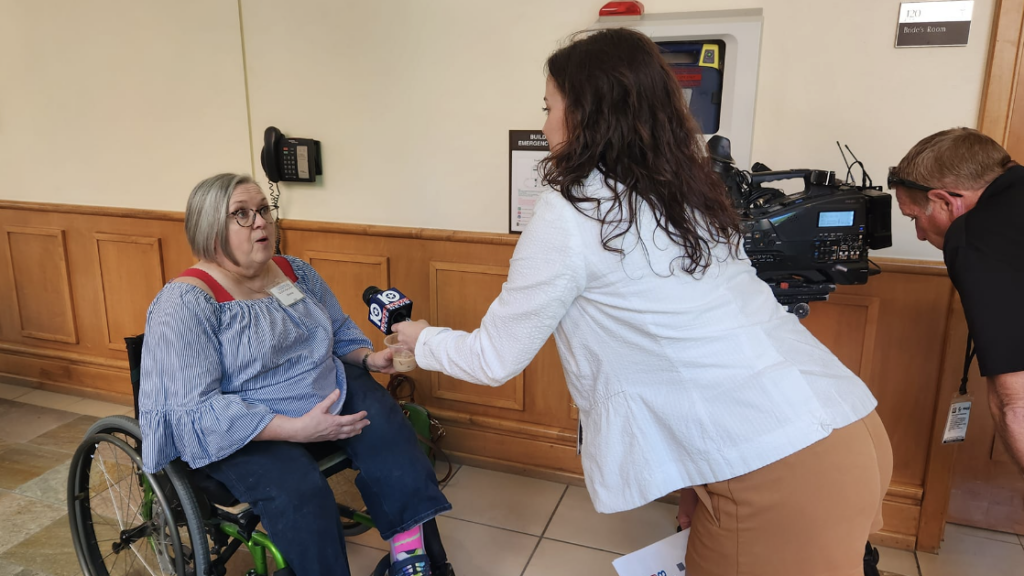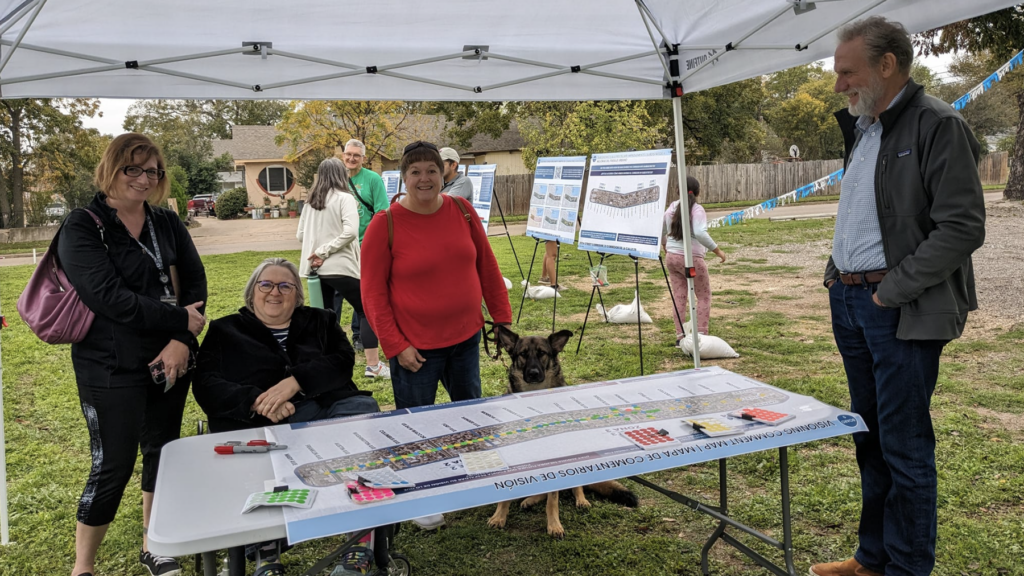The Latest
Donna Dill on Living It, the Mobilize Waco radio show
Host Meg Wallace holds this inaugural conversation with Donna Dill, a local bank officer living with spina bifida
Read MoreThe great 2023 media flurry
In the summer and fall of 2023, the newly renamed Mobilize Waco caught the imagination of Waco media.
Read MoreStakeholders: Weighing in on 25th Street redevelopment
Recognizing Mobilize Waco as key stakeholders, the Waco city planners invited us to serve on the 25th Street Corridor Plan Steering Committee
Read More


